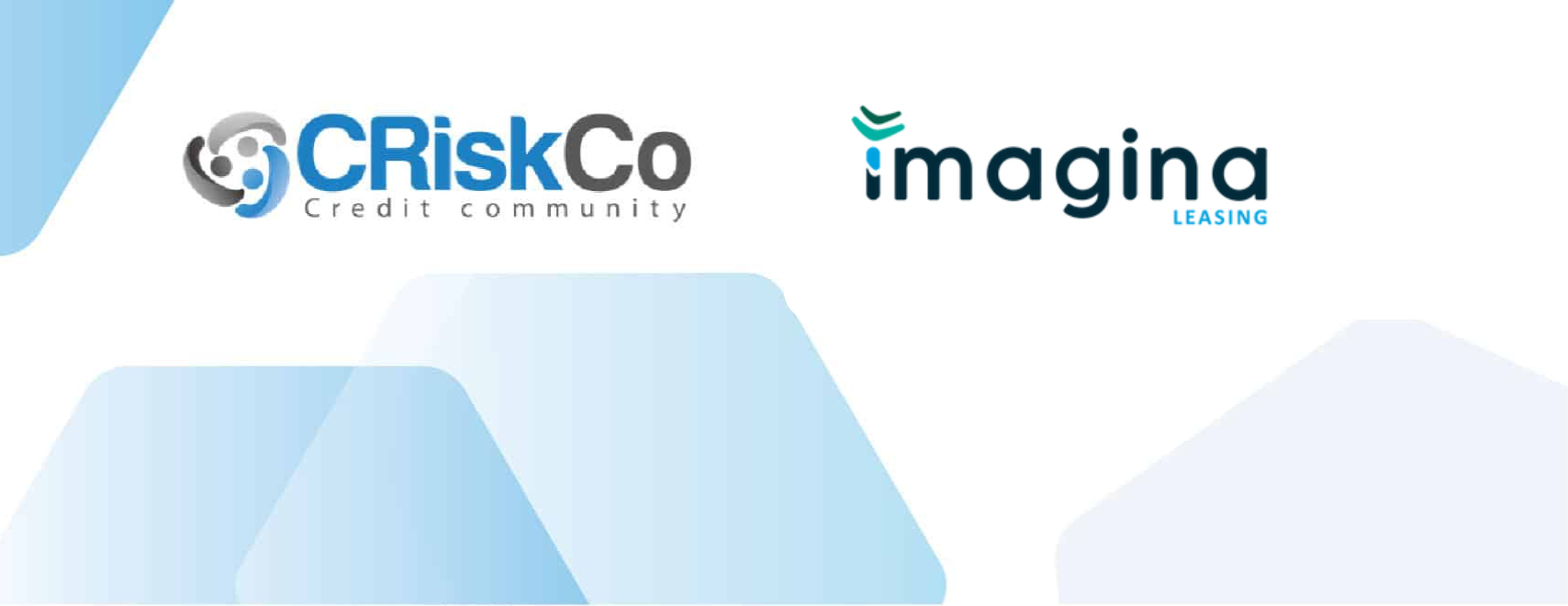- Blog
- Sep 04
Credit Score and Credit History: Are They the Same?
Credit score and history are key concepts that appear when people or businesses seek financing and are evaluated by the financial institution, so it is critical that both concepts are thoroughly understood.
That is why, in this article, you will learn what each one means so that you can better understand the landscape and make better decisions when a potential borrower comes to you in search of financing.
Defining the Concepts
The following are the main characteristics of these factors when applying for a loan:
What is credit history?
In general, it is a description of how a company or individual uses the money they received as a loan or credit over time.
When applying for a loan, one of the main factors that borrowers consider is their credit history. They can see how the applicant has handled previous loans over time, if he has had credit cards and how he has used them, if the use has been appropriate, and, most importantly, how he has made his payments, if you meet your obligations to settle debts on time, if you let them accumulate, or if you are even in a past-due portfolio situation.
All of this information is gathered by financial entities and added to the history, which is then presented in a report or report that is thoroughly analyzed.
What is the credit report?
This is a summary of the applicant’s history; here, the most relevant data is synthesized, from the applicant’s address to the number of loans requested, whether he owes money, how much, and what his payment trend is (whether he makes them on time or late), among other details.
This credit report is supplemented by a score, which helps determine whether or not it is a good idea to grant credit.
What is the credit score?
It is a rating associated with the credit-related behavior that has occurred, a number that is determined based on some of the elements mentioned, and it supplements the report.
Payment history (whether or not debts are paid off on time), length of credit history, amount owed, types of credit or products used, and the borrower’s most recent financing are typically considered.
Financial institutions usually check credit scores to see if the applicant for money is trustworthy, or if certain conditions must be met, such as the amount they can lend, the terms, and the interest rate, or if, on the contrary, they can offer benefits for being a natural or legal person with a good record.
Knowing these concepts can help you run a more productive loan business and avoid making bad decisions. To make the process of verifying credit score, history, and identifying the best potential clients easier, you can use an API SAT like CRiskCo, which will provide you with the history, report, score, and viability to grant appropriate financing in just a few minutes. whoever asks for it.
Related Posts

Case Study: Imagina Leasing’s Improved Credit Decisions
Executive Summary Imagina Leasing, a leader in Mexico’s leasing industry, was on a mission to enhance the precision and security of its credit evaluations. Facing challenges in verifying financial documents and managing risks, they turned…
- Nov 14

Strengthen Risk Management with the New Financial Suppliers Tab
We’re thrilled to unveil an exciting update to our UI! Introducing the “Financial Suppliers” tab, now available on the company reports page and in the SAT information report. Know Your Competition and Past Financing Deals…
- Jul 29
Recent Posts
Subscribe
Join our newsletter and stay up to date!